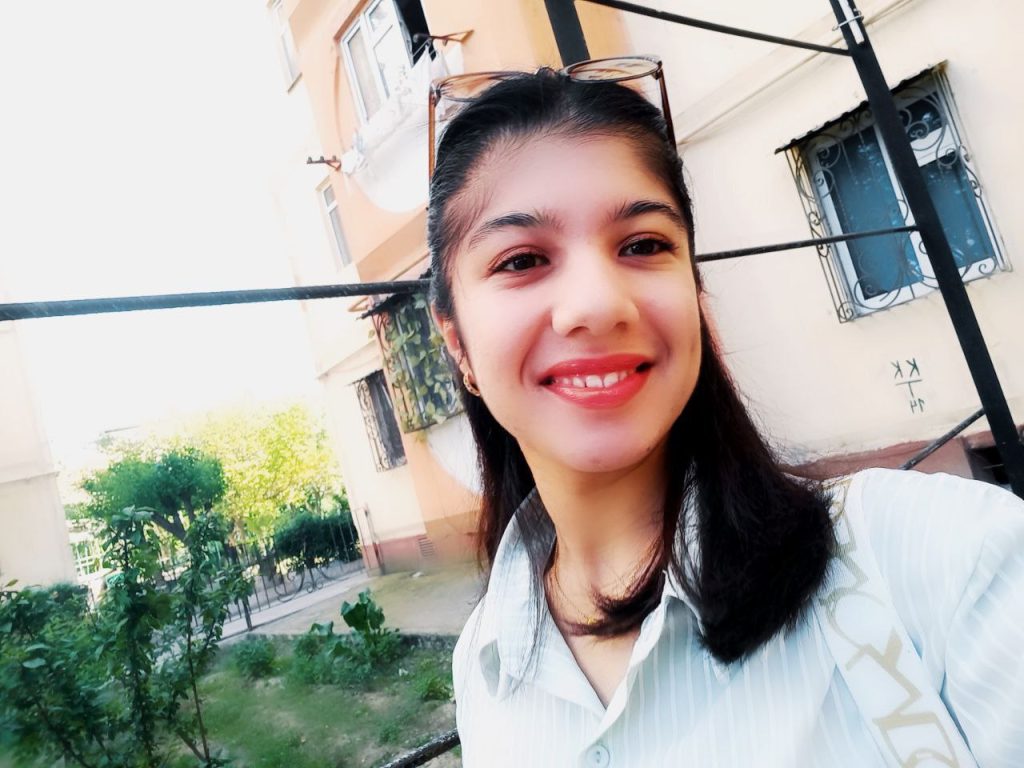WORK ON THE VOCABULARIES GIVEN IN TEXTBOOKS
Saidova is Mahzuna Farhod’s daughter
Shahrisabz State Pedagogical Institute
2nd stage student of Uzbek language and literature
Abstract. This article discusses the use of the words in the dictionaries in literature textbooks and the methods of working on them and using dictionaries in the course of the lesson. In addition to literature textbooks, information was also provided about the ways of using dictionaries in mother tongue classes, and the role of dictionaries in the development of students’ speech.
Key words: vocabulary, methodology, textbook, vocabulary, “Matching pair” exercise, “Did I make a mistake?” game, “Small review” method.
Annotation. In this article, the use of the words reflected in the dictionaries in literature textbooks, as well as the methods of working on them and using dictionaries in the course of the lesson, are discussed. In addition to literature textbooks, information was also given about the ways of using dictionaries in mother tongue classes, and about the role of dictionaries in the development of students’ speech.
Key words: dictionary, methodology, textbook, vocabulary, “Matching pairs” exercise, “Can you find me wrong?” game, “Little review” method.
Абстрактный. В данной статье рассматривается употребление слов, отраженных в словарях, в учебниках литературы, а также методы работы над ними и использования словарей в ходе урока. Помимо учебников по литературе, была также дана информация о способах использования словарей на занятиях родного языка, о роли словарей в развитии речи учащихся.
Ключевые слова: лексика, методика, учебник, словарный запас, упражнение “Сопоставление пар”, “Найди меня неправым?” игра, метод “Небольшой обзор”.
Getting acquainted with the dictionaries in the textbook, if we familiarize ourselves with the explanation of the word dictionary before working on them:
Dictionary [Arabic language, dialect; word, phrase] 1 A book in which the words of a language are compiled in a certain order (usually in alphabetical order), explained or translated into another language.
2 Words; the set of all words in the language, vocabulary.
Dictionaries are of great importance in explaining the meaning of words and developing students’ speech. A word is the smallest part of a language that conveys meaning. A collection of all words and phrases in a language is called a dictionary. The branch of linguistics that studies the vocabulary and structure of the Uzbek language is called lexicology.
It is known that the textbooks of the new generation are modernized and adopt a number of examples from the education of the developed countries of the world. In 6-7-10th grade textbooks of literature and mother tongue, updated in 2022, dictionaries according to the picture below are mentioned.
Figure 1.
Literature is a field that incorporates the art of words. Because it is necessary to use dictionaries in literature classes. Some of the words found in the works are historical, and some are archaic. We can apply the vocabulary given in literature textbooks to the lesson process in the following ways:
“Matched pair” method;
“I made a mistake, find it?”;
“A small review”;
Explain correctly.
For example: we will try to fill in the vocabulary given in the 10th grade Literature textbook using the “Matched Pairs” method.
Dictionaries in the “Gorogli” epic.
In this case, the dictionaries are matched with pairs whose meanings match each other, just as shown above. It helps to know how well the students have mastered the vocabulary.
Vocabularies found in textbooks can be found in “I’m confused?” we can present it to students as an exercise. In this case, it is necessary to use the paronym of the dictionaries.
For example: 1. Ziyoda looked at them thoughtfully.  It should have been lying here, not lying down.
It should have been lying here, not lying down. 
2. The girls looked at them with a smile, looking at them in simple, cute dresses. 
3. In dealing with the people, it is necessary to rely not on the sword, but on the power of justice, to save the people from oppression. (Oybek. “Navoi”)  The word justice should have been used here.
The word justice should have been used here.
4. When brother Hasan gives the money, he will weigh it and make a will. (Hamza).
5. They say that even if you rub your feet, fine silk will not turn gray. (A. Mukhtar) 
Students should find the correct words and write them down as shown above. This method helps to memorize paronyms well, to quickly distinguish them from the meaning of the sentence.
We can use the “Small comment” method to explain the names of the linguistics department in the mother tongue classes.
For example: Orthography – correct writing rules are studied.
Graphics – ………………………………………… ………………………………………… ..
Phonetics – ………………………………………… ………………………………………… ..
Lexicology – ………………………………………… …………………………………………
Etymology – ………………………………………… ……………………………………….
Morphology – ………………………………………… ……………………………………….
Phraseology – ………………………………………… …………………………………………
If we give the students the names of the sections to memorize in a dictionary style, it will be easier for them to remember them, and when commenting, they will give a short and concise, and most importantly, correct comment. This will help to strengthen students’ knowledge of linguistics and increase their scientific knowledge.
In conclusion, it can be said that in previous textbooks, vocabulary was given relatively little and it was not given importance. Currently, special dictionaries of classical works have been compiled. Dictionaries have an incomparable place in human life and language development. Today, it is difficult to fully understand any information or several meanings of information without dictionaries. Every dictionary is more than just a reference. They are the immortal heritage of the national language. As the lexicographer A. Ray said: “modern civilization is the civilization of the dictionary.” Indeed, in today’s advanced age, dictionaries have a high position in every field.
References:
1. Under the editorship of Abduvahob Madvaliyev. Spelling dictionary of the Uzbek language. Volume II. – T.: “National Encyclopedia of Uzbekistan”. State Scientific Publishing House. 2020, page 512.
2. Berdiyeva Barno. Types of dictionaries and their role in human life. Interdisciplinary Conference of Young Scholars in Social Sciences. Hosted from USA, 26th -28th February. Pages 84-87.
3. Mengliyev B. Khudoyberdiyeva M. “Learning dictionary of Uzbek language phrases”, 2007-2009.
4. Nargiza Erkaboyeva. A collection of lectures on the Uzbek language. – T.: “Yosh Kuch”, 2019, pp. 20-21.
5. Z. I. Mirzayeva, K. Q. Jalilov. Literature [Text]: textbook for 10th grade. – Tashkent: Republican Education Center, 2022. – 312 p.
6. www.openconference
7. www.ziyouz.com

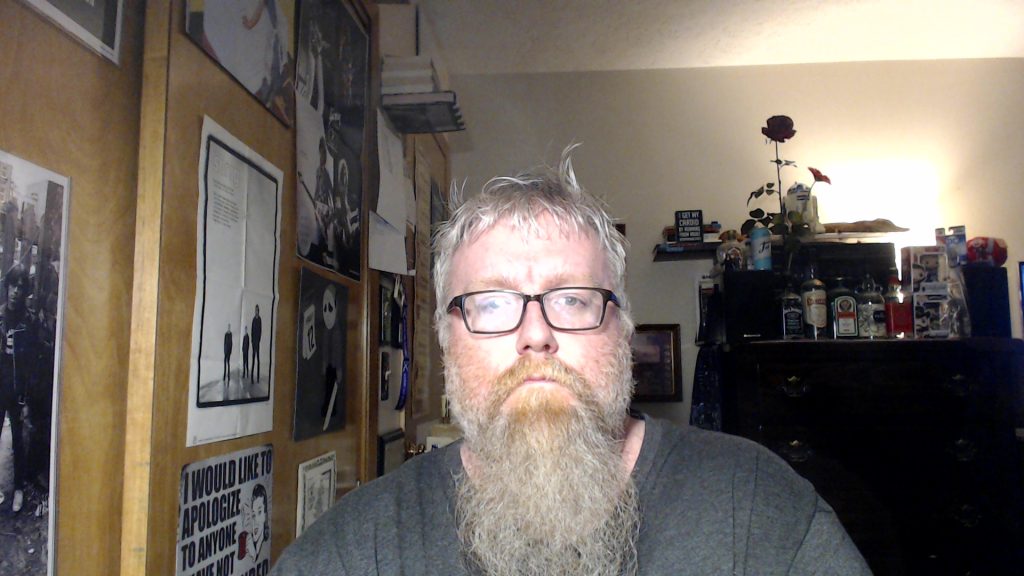
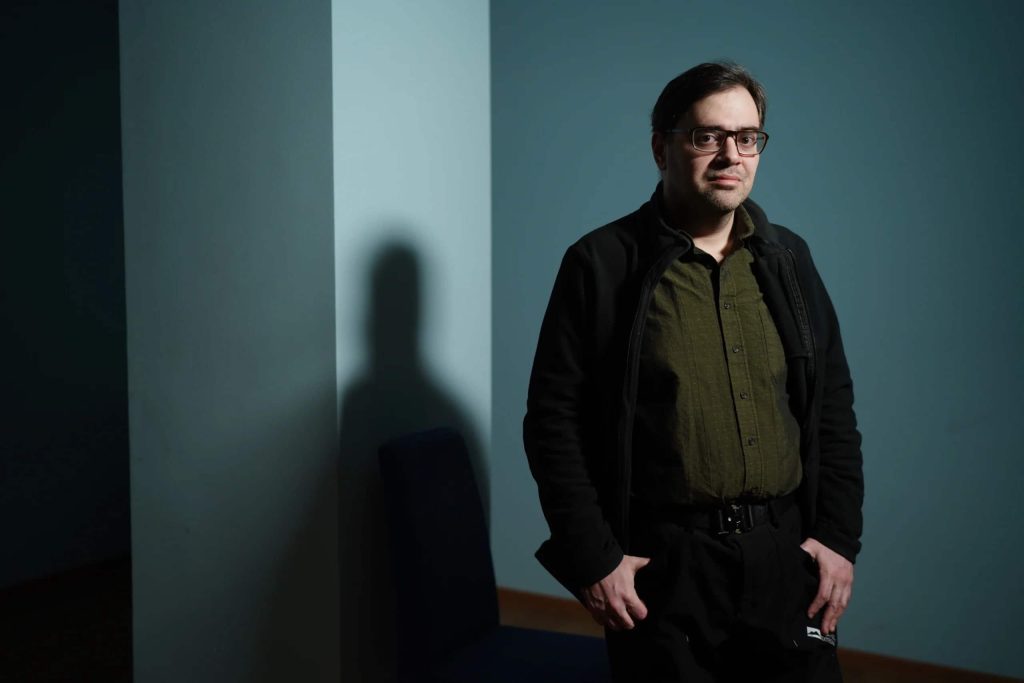
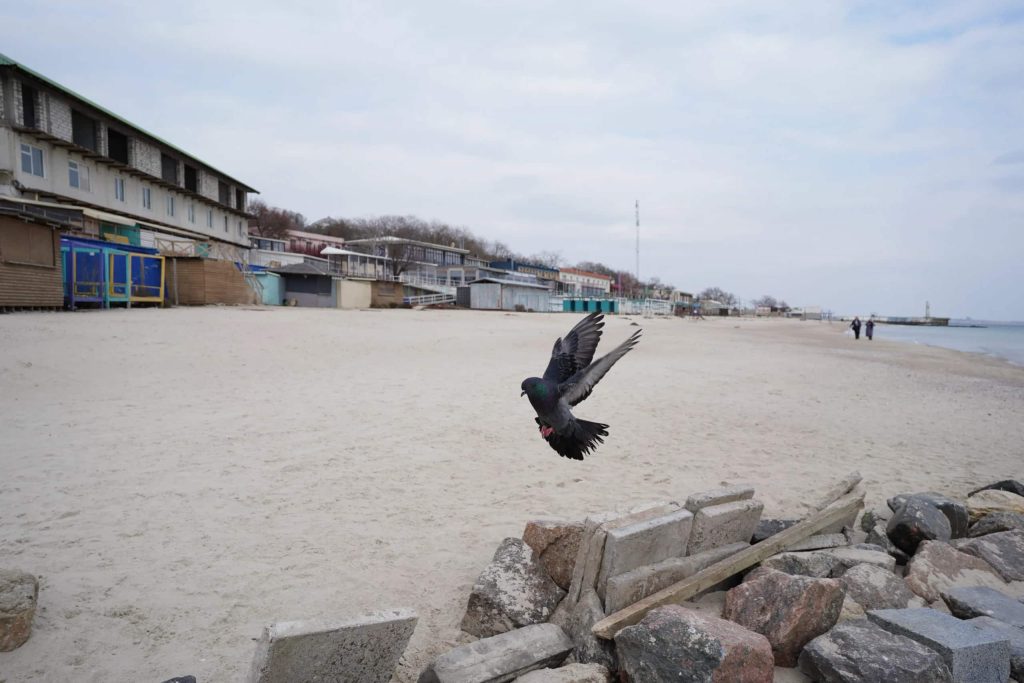
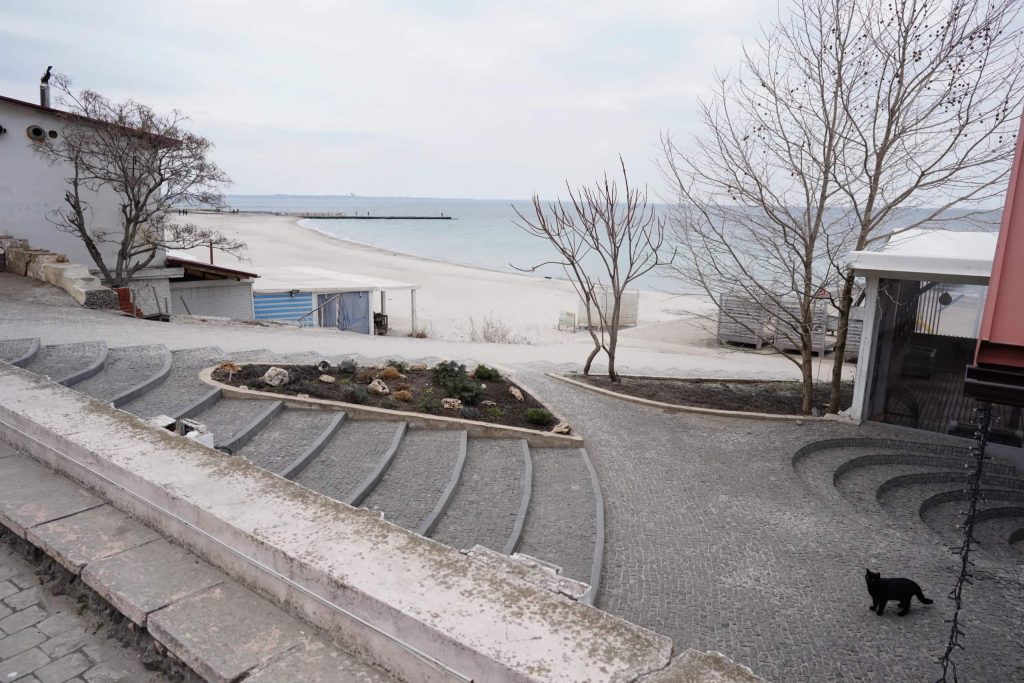

 It should have been lying here, not lying down.
It should have been lying here, not lying down. 
